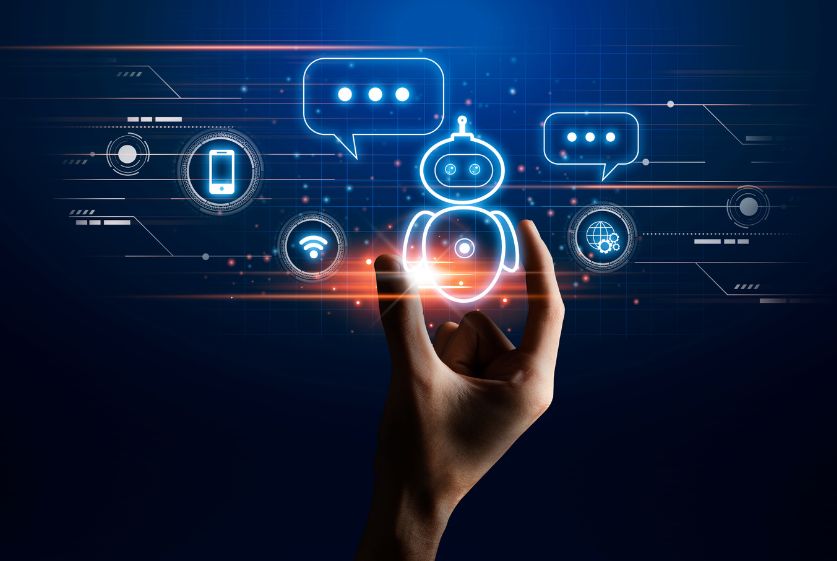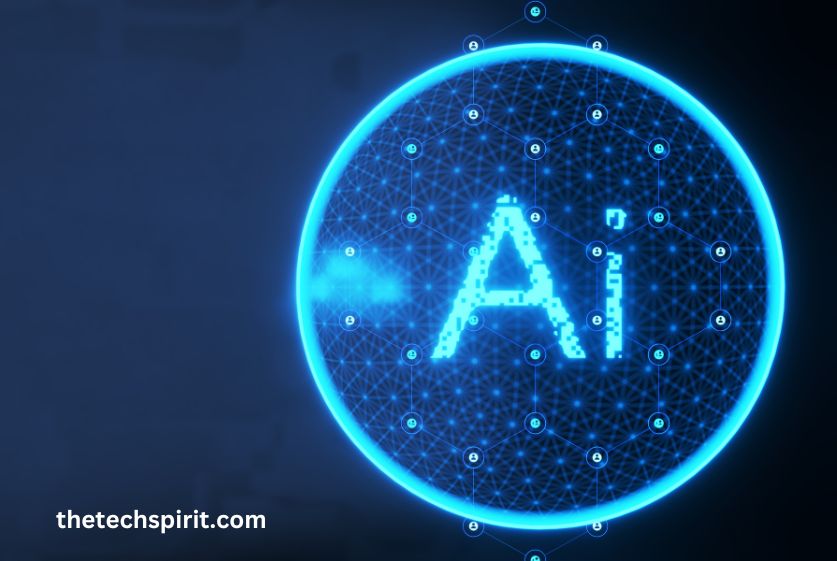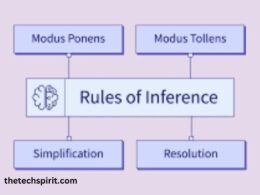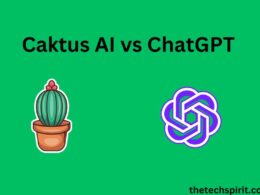Table of Contents
What is an Artificial Intelligence Operating System?
In the ever-evolving landscape of technology, the concept of Artificial Intelligence (AI) Operating Systems is rapidly gaining traction. As the name suggests, an AI Operating System is a type of operating system that incorporates advanced artificial intelligence capabilities to enhance the user experience and streamline various computing tasks.
The Potential of AI-Powered Operating Systems
The integration of AI into operating systems has the potential to revolutionize the way we interact with computers and digital devices. By leveraging machine learning, natural language processing, and advanced algorithms, AI operating systems can adapt to user preferences, automate routine tasks, and provide intelligent and personalized assistance.
Traditional Operating Systems vs. AI Operating Systems
Limitations of Traditional Operating Systems
Traditional operating systems, while powerful and versatile, are limited by their predefined rules and rigid structures. They rely heavily on manual input and user-initiated commands, often resulting in inefficiencies and time-consuming processes.

The Advantages of AI Operating Systems
In contrast, AI operating systems are designed to learn from user behavior, anticipate needs, and optimize performance accordingly. They can analyze vast amounts of data, identify patterns, and make intelligent decisions to enhance overall productivity and user satisfaction.
Key Features of AI Operating Systems
Intelligent Task Automation
One of the core features of AI operating systems is their ability to automate various tasks through intelligent decision-making.

From scheduling appointments to managing files and optimizing system resources, AI operating systems can streamline daily operations, freeing up valuable time and reducing the risk of human error.
Personalized User Experience
AI operating systems are designed to adapt to individual user preferences and behavior patterns. They can learn from user interactions, customize settings and interfaces, and provide personalized recommendations and suggestions, ensuring a seamless and tailored experience for each user.
Enhanced Security and Privacy
With the integration of advanced machine learning algorithms, AI operating systems can detect and mitigate potential security threats more effectively than traditional systems. They can analyze user behavior patterns, identify anomalies, and take proactive measures to protect sensitive data and prevent unauthorized access.
Real-World Applications of AI Operating Systems
Smart Home Automation
One of the most exciting applications of AI operating systems is in the realm of smart home automation. Imagine an operating system that can control and optimize various household devices, from lighting and temperature control to security systems and entertainment centers, all while learning from user preferences and patterns.
Intelligent Virtual Assistants
AI operating systems can also power intelligent virtual assistants, providing users with a conversational interface for tasks such as scheduling, information retrieval, and even creative writing or coding assistance. These assistants can understand natural language, interpret context, and provide relevant and personalized responses.
Predictive Maintenance in Industries
In the industrial sector, AI operating systems can play a crucial role in predictive maintenance.

By analyzing sensor data and identifying patterns, these systems can predict potential equipment failures, allowing for timely maintenance and minimizing downtime and associated costs.
Challenges and Concerns
Privacy and Security Risks
While AI operating systems offer numerous benefits, they also raise concerns regarding privacy and security. As these systems collect and process large amounts of user data, there is a risk of data breaches or misuse of personal information.

Robust security measures and data protection protocols must be implemented to mitigate these risks.
Ethical Considerations
The development and deployment of AI operating systems also raise ethical questions related to algorithmic bias, transparency, and accountability. It is crucial to ensure that these systems are designed and implemented ethically and responsibly, adhering to established principles and guidelines.
Job Displacement Concerns
As AI operating systems become more capable of automating various tasks, there are concerns about job displacement in certain industries. It is essential to reskill and retrain workers to adapt to the changing job market and leverage the potential of AI technologies.
The Future of AI Operating Systems

Continuous Advancements in AI Technology
The field of artificial intelligence is constantly evolving, with breakthroughs and advancements occurring regularly. As AI technology continues to advance, AI operating systems will become even more sophisticated, capable of handling increasingly complex tasks and providing more intelligent and personalized experiences.
Integration with Other Emerging Technologies
AI operating systems are not limited to standalone applications; they can also be integrated with other emerging technologies, such as the Internet of Things (IoT), virtual reality (VR), and augmented reality (AR). This convergence of technologies will open up new possibilities and applications across various domains.
The Potential for a Fully Autonomous Digital World
In the long term, AI operating systems could pave the way for a fully autonomous digital world, where intelligent systems seamlessly manage and optimize various aspects of our lives, from transportation and infrastructure to healthcare and education.
Conclusion
The rise of artificial intelligence operating systems represents a significant paradigm shift in the world of computing. By leveraging the power of machine learning and advanced algorithms, these systems have the potential to revolutionize the way we interact with digital devices and streamline various tasks.
While AI operating systems offer numerous benefits, such as intelligent task automation, personalized user experiences, and enhanced security, they also raise important concerns regarding privacy, ethical considerations, and job displacement. Developers, policymakers, and society as a whole must address these challenges proactively and ensure the responsible development and deployment of these transformative technologies.
As we move forward, the integration of AI operating systems with other emerging technologies will open up new possibilities and applications, potentially leading to a fully autonomous digital world. Embracing these advancements while navigating the associated challenges will be key to unlocking the full potential of AI-powered operating systems and shaping a future where technology seamlessly enhances our lives.
FAQs
Q1: What is the difference between a traditional operating system and an AI operating system?
A traditional operating system relies on predefined rules and user-initiated commands, while an AI operating system incorporates advanced artificial intelligence capabilities to learn from user behavior, anticipate needs, and optimize performance accordingly.
Q2: How do AI operating systems enhance security and privacy?
AI operating systems leverage advanced machine learning algorithms to detect and mitigate potential security threats more effectively than traditional systems. They can analyze user behavior patterns, identify anomalies, and take proactive measures to protect sensitive data and prevent unauthorized access.
Q3: Can AI operating systems lead to job displacement?
As AI operating systems become more capable of automating various tasks, there are concerns about job displacement in certain industries. It is essential to reskill and retrain workers to adapt to the changing job market and leverage the potential of AI technologies.
Q4: What are the ethical considerations surrounding AI operating systems?
The development and deployment of AI operating systems raise ethical questions related to algorithmic bias, transparency, and accountability. It is crucial to ensure that these systems are designed and implemented ethically and responsibly, adhering to established principles and guidelines.
Q5: How can AI operating systems be integrated with other emerging technologies?
AI operating systems can be integrated with other emerging technologies, such as the Internet of Things (IoT), virtual reality (VR), and augmented reality (AR). This convergence of technologies will open up new possibilities and applications across various domains.









